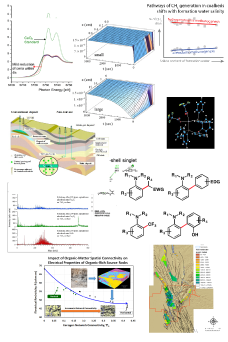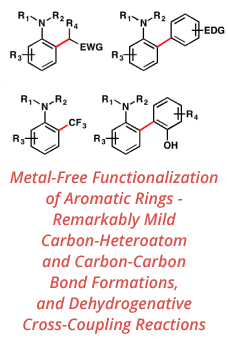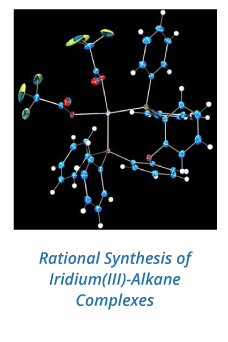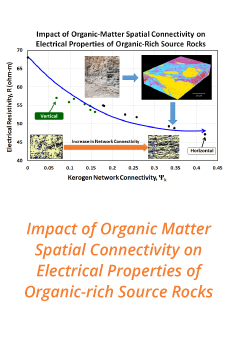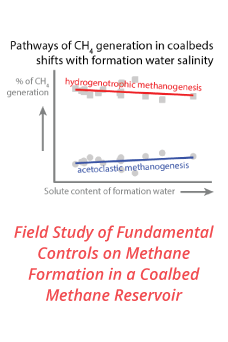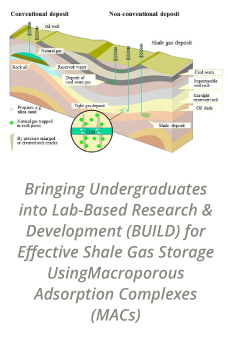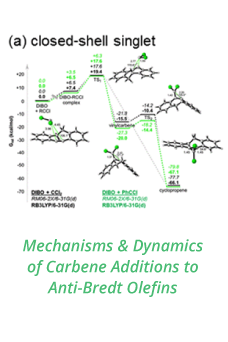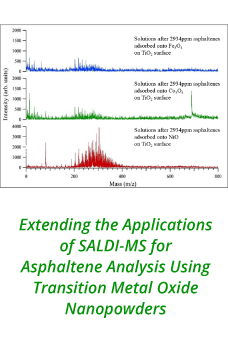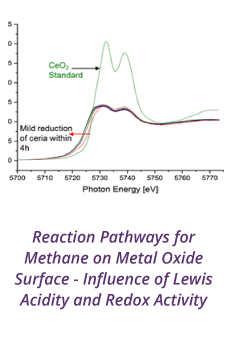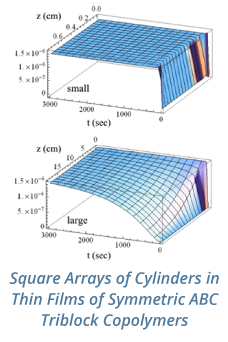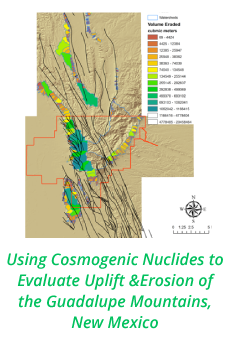Reports: SES54160-SES: ACS Summer School on Green Chemistry and Sustainable Energy
Mary Kirchhoff, PhD, American Chemical Society
Students participated in a series of interactive lectures presented by experts on green chemistry and sustainable energy. Staff from the American Chemical Society’s Petroleum Research Fund and Education Division provided information on proposal writing and careers, respectively. The instructors and titles of their presentations are provided below:
Eric Beckman, University of Pittsburgh
- Green Business Creation for Chemical Scientists
Joan Brennecke, University of Notre Dame
- Greening Fossil Fuels
- Energy Applications of Ionic Liquids
Callie Bryan, Genentech
- Development of “Green Strategies” within Medicinal Chemistry at Genentech and the Pharma Industry
David Constable, ACS Green Chemistry Institute®
- Sustainable and Green Chemistry by Design
- Greening Your Research – Practical Tools You Can Use Now
Margaret Grow-Sadler, American Chemical Society
- ACS Resources for Graduate Students and Postdoctoral Scholars
Nancy Jensen, American Chemical Society
- Writing Competitive Research Grant Proposals
Philip Jessop, Queen’s University
- Choosing the Greenest Synthesis
- Greener Solvents
Mary Kirchhoff, American Chemical Society
- Green Chemistry: Principles and Practice
Mark Nimlos, National Renewable Energy Laboratory
- Biofuels
Bryan Pivovar, National Renewable Energy Laboratory
- Fuel Cells
Dan Richter, Pfizer
- Reducing the Pain of Synthesis: Development and LCA of the Lyrica Manufacturing Process
Bill Tolman, University of Minnesota
- From Renewable Plastics to Improving the Culture of Safety: Applying the Principles of Green Chemistry
Azra Tutuncu, Colorado School of Mines
- Hydraulic Fracturing for Clean Energy and the Environmental Challenges
Student groups engaged in a modified Life Cycle Assessment (LCA) exercise led by Philip Jessop of Queen’s University. The groups assessed alternate routes to the same target molecule with respect to metrics such as bioaccumulation, ozone depletion potential, global warming potential, and persistence. Students gave oral presentations on the results of their exercise to the entire Summer School.
Poster sessions provided an additional opportunity for students to share their research and gain insights into greener approaches to research. Forty-seven students presented their research during two evening poster sessions.
The Summer School has been running continuously since 2003, and participants continue to rate the program very highly. In response to the statement, “The best thing about the course was…” students offered the following observations:
- The networking the students can develop, by meeting people with the same interests but different points of view, which then become a joint grant even if it’s in different countries.
- Learning tools that we can apply in our own research. Meeting with other students sharing the same passions.
- The best thing was to learn about interesting things and meet a lot of people.
- Interaction with academic as well as industrial experts.
- All of the career advice! I am now officially confused (in a good way) about what I want to do after graduation.
Students provided suggestions for improving the program, such as including more industrial speakers and providing more time for poster sessions. Participants also suggested additional topics (carbon dioxide capture, solar energy, lithium batteries, biocatalysis, toxicology, etc.) for future Summer Schools.
The appreciation of the students for this program was summarized by one student who wrote, “I would like to extend my highest gratitude to the ACS and the Petroleum Research Fund for this incredible week I’ve had!”

